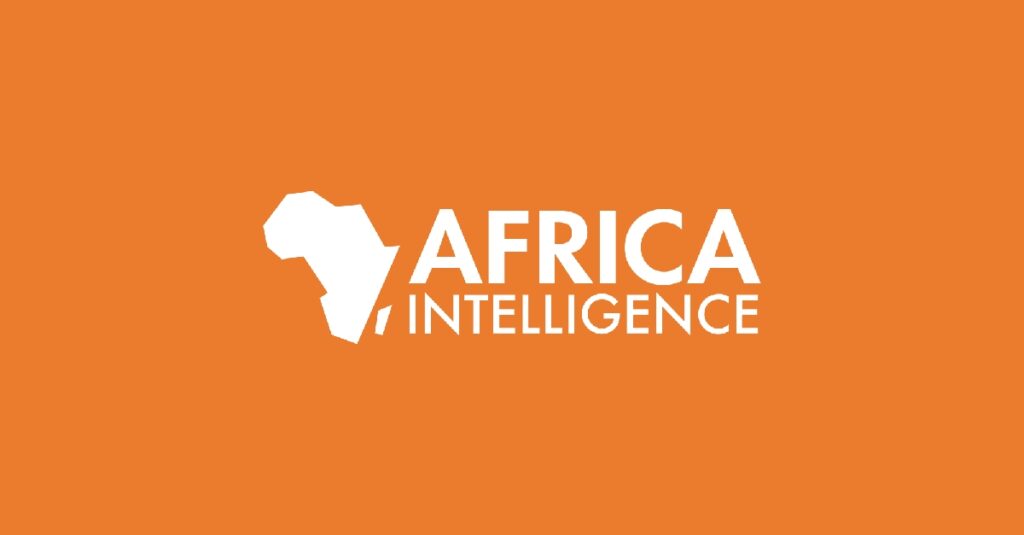Rising Tensions: The Future of Ethiopia-Eritrea Relations
Overview of Ethiopia’s Strategic Interests
In recent developments, tensions have escalated between Ethiopia and Eritrea, particularly concerning the strategically significant port of Assab. The current Ethiopian administration led by Prime Minister Abiy Ahmed is exploring how to leverage this port for improved trade and access to the sea. This situation raises questions about the involvement of the Afar people, regional stakeholders, and the potential implications for both nations.
The Afar People’s Role
The Afar region, located in both Ethiopia and Eritrea, has been largely overlooked in Abiy’s strategic calculations. Their historical connections to the port of Assab and the economic benefits that could accrue from enhanced trade routes have led to calls for greater recognition of their interests. As Ethiopia aims to establish a robust logistics network via Eritrea, understanding the local dynamics within Afar communities will be crucial for sustainable relationships.
Call for Mediation
As part of mitigating rising tensions, Abiy Ahmed has sought international mediation. This move indicates a desire to stabilize the relationship with Eritrea, which has been fraught since the end of the border conflict. International observers argue that such steps are essential in avoiding further conflict and ensuring regional stability.
Eritrea’s Unique Position
Eritrea, having gained independence from Ethiopia, maintains a delicate position. The question of whether Ethiopia will recognize Eritrea’s sovereignty is a focal point of negotiations. This complex relationship is further complicated by Eritrea’s need to secure its own interests, especially regarding access to resources.
Potential for Conflict
Despite efforts at improving ties, the situation remains tenuous. Reports suggest that there is an increasing risk of a new Ethiopian-Eritrean war. Historical grievances and geopolitical factors could ignite tensions if not managed strategically. Continuous monitoring of is essential to prevent sliding into conflict.
Economic Implications
The stakes are high for both nations economically. Ethiopia seeks to establish a sea route through Eritrea, improving its trade possibilities and reducing dependence on neighboring nations. Conversely, Eritrea sees this as an opportunity for enhanced economic stability and development. This intersection of interests presents both opportunities for collaboration and grounds for potential discord.
Conclusion: Navigating a Complex Future
The relationship between Ethiopia and Eritrea is characterized by a blend of historical grievances, strategic interests, and regional dynamics. As both nations navigate this complex landscape, the involvement of local communities like the Afars will be crucial. Furthermore, international mediation could offer pathways for peace, yet the risk of another conflict looms large. The coming months will be pivotal in determining the future of these two nations and their shared interests in the region.
For more information about the evolving situation, refer to articles from Africa Intelligence, Bloomberg, and Foreign Policy to stay updated on the issue.
Keywords: Ethiopia, Eritrea, Abiy Ahmed, Assab Port, Afar Region, Mediation, Conflict, Trade Routes, Regional Stability
